Accountability Is the Key
Unlocking School Potential through
Enhanced Educational Leadership
John Hunt
ROWMAN & LITTLEFIELD EDUCATION
A division of
ROWMAN & LITTLEFIELD
Lanham Boulder New York Toronto Plymouth, UK
Published by Rowman & Littlefield Education
A division of Rowman & Littlefield
4501 Forbes Boulevard, Suite 200, Lanham, Maryland 20706
www.rowman.com
10 Thornbury Road, Plymouth PL6 7PP, United Kingdom
Copyright 2014 by John Hunt
All rights reserved. No part of this book may be reproduced in any form or by any electronic or mechanical means, including information storage and retrieval systems, without written permission from the publisher, except by a reviewer who may quote passages in a review.
British Library Cataloguing in Publication Information Available
Library of Congress Cataloging-in-Publication Data
Hunt, John, 1948
Accountability is the key : unlocking school potential through enhanced educational leadership / John Hunt.
pages cm.
Includes bibliographical references and index.
ISBN 978-1-4758-0465-2 (cloth : alk. paper)ISBN 978-1-4758-0466-9 (pbk. : alk. paper)ISBN 978-1-4758-0467-6 (electronic : alk. paper)
1. Educational accountability. 2. Educational leadership. 3. Motivation in education. 4. Academic achievement. I. Title.
LB2806.22.H86 2013
371.14'4dc23
2013030911
 TM The paper used in this publication meets the minimum requirements of American National Standard for Information Sciences Permanence of Paper for Printed Library Materials, ANSI/NISO Z39.48-1992.
TM The paper used in this publication meets the minimum requirements of American National Standard for Information Sciences Permanence of Paper for Printed Library Materials, ANSI/NISO Z39.48-1992.
Printed in the United States of America
Preface
The authors first administrative position was that of junior high principal in a building in which the student enrollment was 75 percent minority and 90 percent of the students were eligible for free and reduced lunch. In subsequent years, he served as the director of two separate K12 university laboratory schools, as an instructional director in relatively large school districts, and finally, ended his public school career as a superintendent. While he worked low-income districts, blue-collar districts, and affluent suburban districts, there was one constantthe increasing demand for accountability from constituents and from the legislature. The calls for accountability have continued.
Early in the authors administrative career, teachers and administrators were generally held in high regard by the public. However, that began to change, in the fourth year of his administrative career, with the publication of A Nation at Risk (1983). That report called into question the effectiveness of U.S. public schools and initiated at least three waves of public school reform; each with its own form of administrative accountability. He retired from the superintendency three years after the passage of the No Child Left Behind Act (2002) but immediately began teaching school administration to prospective principals and superintendents at a Midwestern university. Based upon daily interactions with public school administrators, it is clear the calls for administrative accountability are more strident today than they ever were during the authors administrative career.
The purpose of this book is to examine the current state of public education and to honestly review what the critics are saying about public schools framed in the context of accountability. This includes a look at the present trend toward resegregation and a movement toward a two-class system in this country. The evolution of the definition of administrative accountability is outlined and the shadow system instrumental in framing the current definition is exposed. The shadow system includes vouchers, charter schools, and the phenomenal growth of homeschooling. Perhaps most important in this area has been the successful attempt to sway public education policy by private individuals and groups. They have accomplished this through the use of their personal and corporate resources.
Voices from the field, particularly those of current administrators and school board members, are considered as the administrative skills needed to navigate the shoals of accountability are examined. The ability of administrators to successfully engage in conflict resolution and to manage critical situations has never been more essential than today. The specific human relations and communications skills needed to handle crises and to successfully answer the calls for accountability are addressed. Suggestions for topics for inclusion in educational administration preparation programs and administrative in-service programs, with an eye towards meeting these needs, are provided. Key among these is an increased emphasis on listening skills.
The book concludes with a call to reframe the definition of accountability. It gives recommendations regarding how administrators can regain the mantle of educational expert and details the skills needed by todays generation of school building and school district administrators. Among the suggestions is the call for educational administrators to form partnerships with all other public school educators. The need for educational administrators to become much more politically active, beginning at the grassroots level is addressed. The author also calls for a redistribution of federal funds to support research regarding urban school effectiveness and to provide pay incentives to entice the best teachers and administrators to work in the neediest districts.
Acknowledgments
First, the author would like to recognize the sacrifices in family time made by his wife, Karen, and their daughters, Elizabeth, Stephanie, and Rebekah, due to his administrative career. Not only did his career require missing family activities, but it also resulted in multiple moves over the years. He also needs to acknowledge the many great school and district administrators with whom he worked throughout his career. These individuals served as his mentors, his examples, and his sources of inspiration. Much of his success as an administrator should be attributed to these individuals.
He spent nine years as an instructional director in three large districts where his primary role was to monitor, supervise, and evaluate building-level principals. This relationship with principals continued when he became a superintendent. One of the primary lessons he learned from these fine principals was that differing administrative styles can be successful in differing locations. He also served under a number of excellent superintendents and assistant or associate superintendents, and watching them operate gave him a toolkit of excellent strategies that he employed when he became a superintendent. Finally, he was gratified with the relationships he developed with school board members over the eleven years he served as superintendent.
Specifically, the author would like to honor the contributions of the following individuals, some now deceased, to his administrative career: Vickie Axton, Andrea Brown, Robert L. Buser, Cile Chavez, H. Mack Clark, Tom Crawford, Vicky Cullinan, Darrell Dick, Cathy Eddy, Gary Fields, Don Gossett, Ken Hill, Dan Kern, Kevin Koch, Theresa Kovach, Robert Oakes, Gregory N. Pierson, Jim Skeeters, Suzanne Skeeters, Norman Stremsterfer, Maureen Talbert, Steve Turner, Gary Volling, Donald Wachter, Walt Warfield, and Kathy Wilson. A special thanks is given for the research conducted by one of the graduate students in the Department of Educational Leadership at Southern Illinois University Edwardsville, Natalia Garcia. Without her assistance, this book would have taken much longer to write. The author would like to acknowledge the excellent work currently being conducted by Americas educational administratorsthey are a continuing source of inspiration to him. Finally, this book is dedicated to the authors grandchildren, Isabelle, John, and Violet.

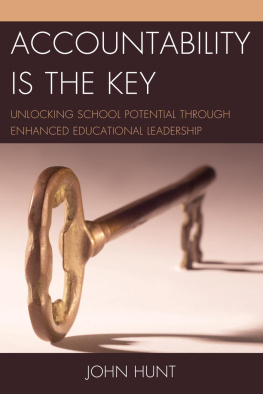
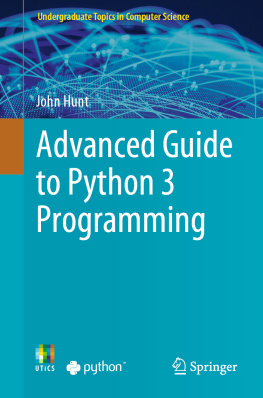
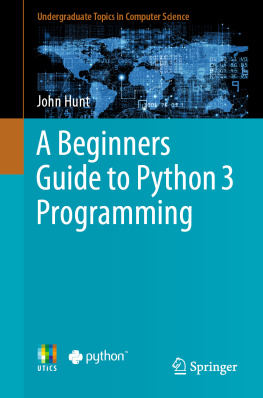
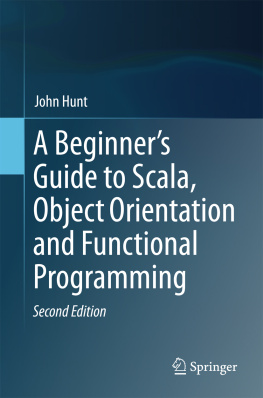
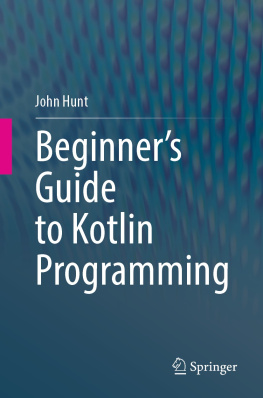




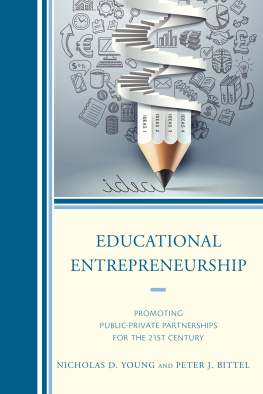
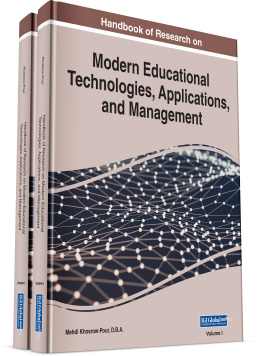
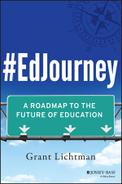
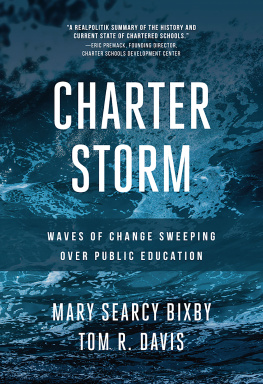
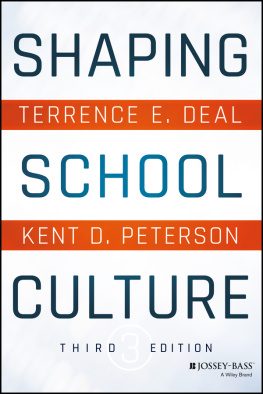

 TM The paper used in this publication meets the minimum requirements of American National Standard for Information Sciences Permanence of Paper for Printed Library Materials, ANSI/NISO Z39.48-1992.
TM The paper used in this publication meets the minimum requirements of American National Standard for Information Sciences Permanence of Paper for Printed Library Materials, ANSI/NISO Z39.48-1992.